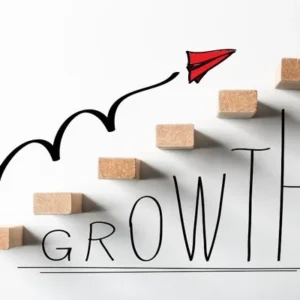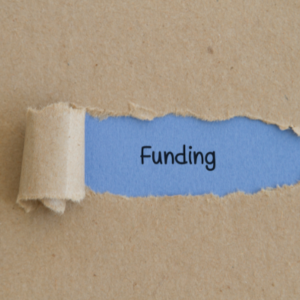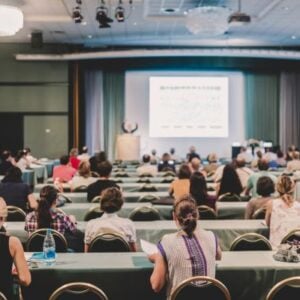The African Development Bank Group’s Board of Directors has approved an additional grant of $8.9 million from the Global Environment Facility (GEF) to support São Tomé and Príncipe in building resilience against climate change and improving agricultural productivity. This new financing increases the total project funding to $18.9 million, combining the earlier $10.05 million African Development Fund (ADF) grant with the new GEF contribution, while the Government of São Tomé and Príncipe and local beneficiaries will contribute an additional $700,000 in-kind.
The funding will support the Co-management of the Climate Extremes for Agriculture and Fisheries Resilience Project (PRIASA III), designed to strengthen the country’s agricultural and fisheries sectors against climate-induced shocks such as droughts, floods, and water shortages. Running from February 2024 to December 2029, the project builds upon the earlier PRIASA I and II initiatives, which successfully improved food security infrastructure. According to Pietro Toigo, the African Development Bank’s Country Manager for São Tomé and Príncipe, the additional funding underscores the international community’s commitment to supporting small island developing states in addressing climate challenges, particularly in sectors vital to food security and economic stability.
The new GEF grant will fund innovative climate adaptation measures, including the construction and rehabilitation of surface and groundwater storage systems such as ponds, tanks, and wells. It will also finance the installation of small-scale irrigation kits, drip systems, and solar-powered water pumps to enhance water accessibility for farmers. Alongside these interventions, the project will promote efficient irrigation and soil moisture conservation techniques, upgrade rural roads to improve market access, and support agro-processing units. Financial incentives and value chain development programs will further empower local farmers, with special focus on women and youth, encouraging climate-smart agriculture and employment creation.
A key aspect of the project involves capacity building and knowledge management. Training programs will be offered for government officials across the water, agriculture, and energy sectors, while local leadership councils will be established to foster collaboration and community engagement. Additionally, a robust knowledge management system will capture lessons learned and promote the replication of effective adaptation strategies nationwide.
The African Development Bank serves as the project’s executing agency, with implementation led by São Tomé and Príncipe’s Ministry of Agriculture, Fisheries, and Rural Development. Through PRIASA III, the country aims to enhance resilience to climate shocks, boost rural livelihoods, and strengthen food security for sustainable and inclusive growth.






